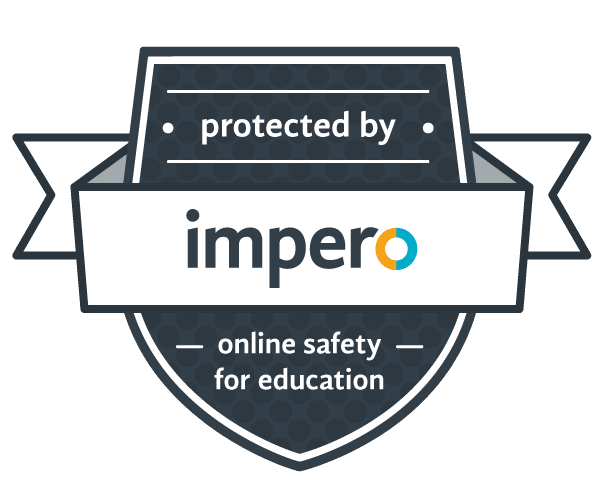For many people growing up in the Digital world, the Internet feels like a safe place to be. It seems like second nature to log in and use the internet to browse, chat to friends, find homework, read about cool places to be and great things to do, but besides the millions of sites to visit and things you can do the Internet is also a place where it is really easy to waste time and it can even be dangerous. Some of the places that you visit on line might even be places where you could get into trouble.
When you use chat rooms please remember that some people want to use these places to find out things about you that you wouldn’t normally want to share with people you have never met before. Please be very careful about whom you share your private information with (your address, phone numbers and email address) as some people use this information to cause you harm.
When you use the internet try to remain as anonymous as possible. That means keeping all private information ‘private’. Remember that the Internet is not a private place even if it seems like one. Anything you place on the internet could be taken down and used against you or manipulated. Your photographs may not stay the way you remember them!
If anyone in a chat room ever asks you things that make you feel uncomfortable, then exit and tell a parent or other adult right away so they can report the incident.
If anyone ever bullies you online; like posting messages on the internet, creating a Facebook page about you or even sending you nasty emails then get help from a parent or trusted adult.
If you ever receive emails from people that you don’t know then think very carefully before you open them. Sometimes people can attach harmful programs to files that you download and these could damage your computer; they might even let people spy on you.
Don’t forget to let ICT help you too by investing in Spam filters, Firewalls and Anti Virus software. There are some free and/or reasonably cheap but effective products available now. If you want help or advice please contact the ICT Department.


